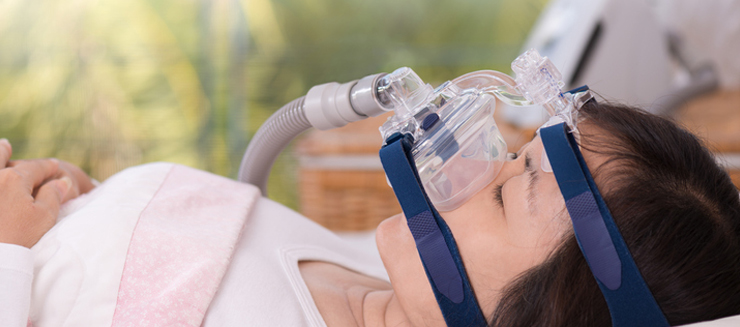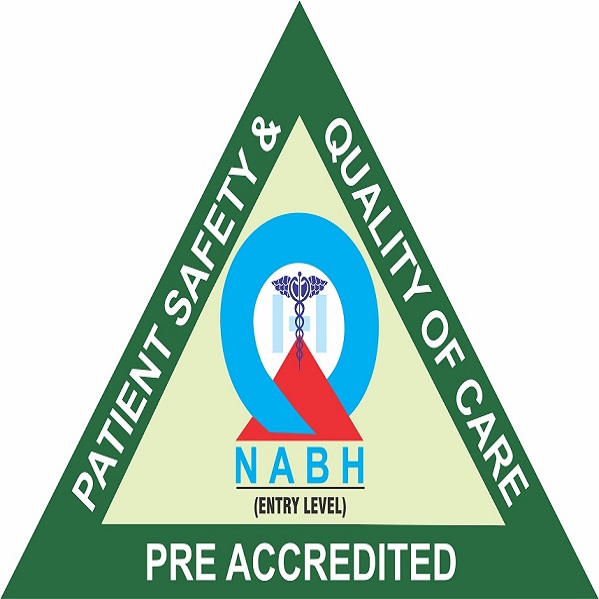Types of sleep apnea are:
- Obstructive sleep apnea, the more prevalent type that happens when jaw muscles settle
- Central sleep apnea that happens when your brain does not deliver adequate stimuli to neurons that regulate breathing
- Complex sleep apnea syndrome, also recognized as central sleep apnea therapy that happens when someone has both obstructive sleep apnea and core sleep apnea
If you believe you may have an apnea for sleep, see your physician.
Symptoms
Treatment can alleviate your symptoms and may assist avoid issues with your core and other complications. Obstructive and central sleep apnea signs and symptoms overlap, sometimes making it hard to determine which form you have. Obstructive and central sleep apnea’s most prevalent signs and symptoms include:
- Loud snoring
- Episodes in which you stop breathing during sleep — which would be indicated by another individual
- Gasping for air during sleep
- Awakening with a dry mouth
- Morning headache
- Difficulty remaining asleep (insomnia)
- Difficulty paying attention while awakening
When to see a physician?
Loud snoring may show a severe issue, but not everyone who has sleep apnea snores. Talk to your physician if you have sleep apnea indications or symptoms. Ask your doctor about any problems with sleep that will make you tired, tired and irritable.




